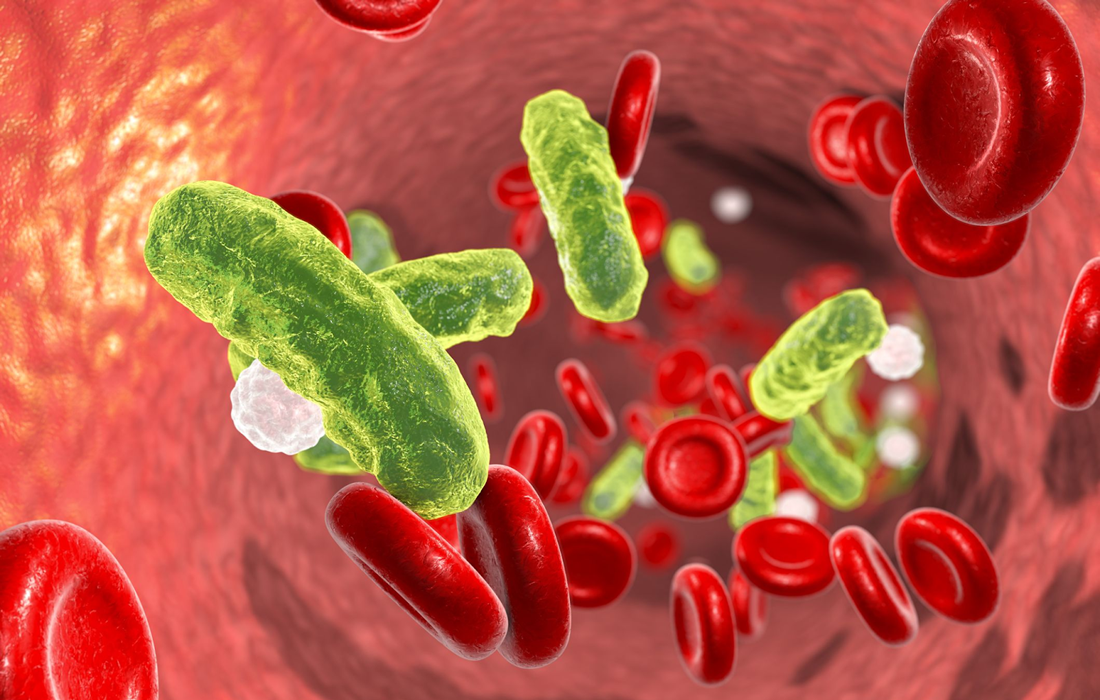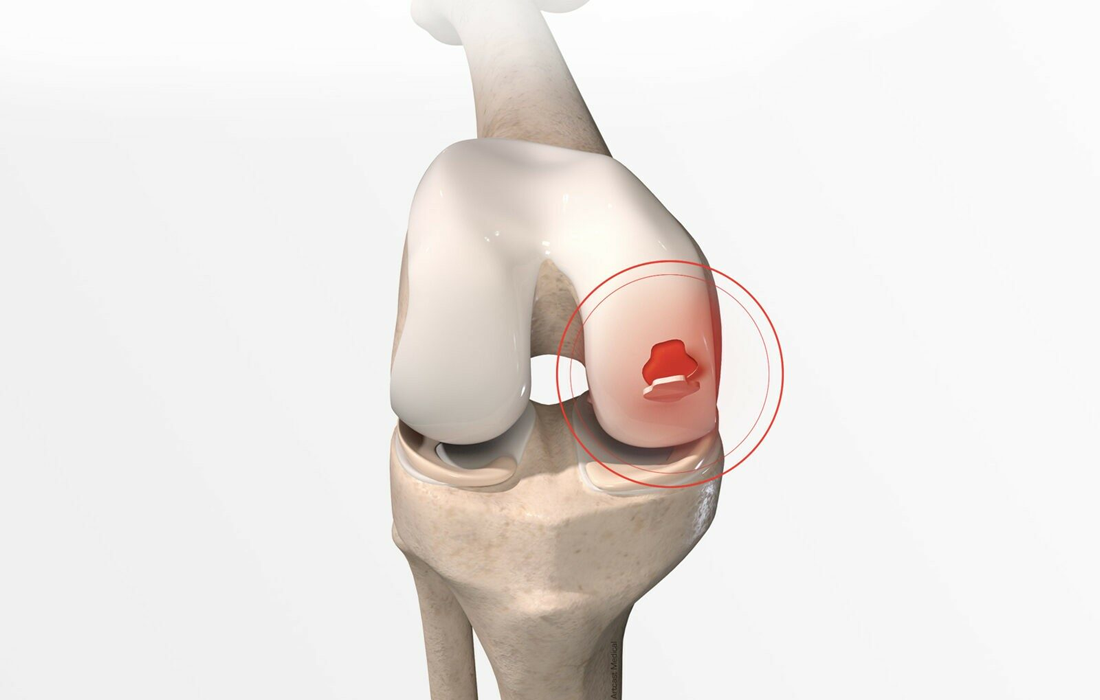Yoga is part of spiritual and exercise practices for millions of people worldwide. With yoga practice becoming a widely accepted form of exercise, the body of yoga research is growing. It is a multifaceted lifestyle activity that can positively enhance cardiovascular health and wellbeing. Physical exercises such as stretching exercises and the physical components of […]
Monthly Archives: December 2022
Sepsis accounts for one in five deaths worldwide and is a common final pathway for many disease processes such as cancer, diabetes, and cardiovascular disease. Sepsis is an inflammatory syndrome largely driven by the activation of immune cells by pathogen associated molecular patterns (PAMPs) and damage-associated molecular patterns (DAMPs). After recognizing these molecules via pattern […]
Antibodies produced against the commonly used antibiotic, gentamicin, appear to increase the risk of type 1 diabetes in children already genetically at risk, scientists say. When Medical College of Georgia scientists compared the blood of nearly 300 individuals with type 1 diabetes to healthy controls, they found that a higher level of antibodies against gentamicin […]
Cartilage degeneration and injuries affect 350 million people worldwide. Patients with these conditions experience increased pain and discomfort over time. However, an exciting breakthrough in tissue regeneration research offers the promise of meaningful relief. The study, led by faculty at The Forsyth Institute, suggests a new approach for making cartilage cells with huge implications in […]
A diet containing lots of salt can contribute to increased levels of stress, a new study shows. Scientists found in studies of mice that a high-salt diet increased the levels of a stress hormone by 75 per cent. Experts hope the findings will encourage a review of public health policy around salt consumption, with a […]
Immune checkpoint inhibitors are widely used to treat a variety of cancers; however, one serious side effect is the onset of type 1 diabetes. Now, researchers from Osaka University have discovered that stem cell therapy may protect against such side effects. One strategy by which tumor cells evade recognition by the immune system is by […]
Multiple Sclerosis (MS) is a chronic inflammatory, autoimmune, and neurodegenerative disease of the central nervous system (CNS). MS affects approximately 2.5 million people worldwide. High prevalence of MS is seen in northern parts of Europe and North America. Multiple sclerosis (MS) is a potentially disabling disease of the brain and spinal cord (central nervous system). […]
Aging is characterized by a time-dependent decline in the homeostatic functions of most tissues and organs . In mammals, including humans, aging impairs the skin’s regenerative capacity after injury. This age-associated impaired skin wound healing predisposes patients to non healing chronic disorders that are recognized as age-related complications, including diabetic ulcers, pressure sores, and venous […]
Hip fractures are the most common fractures resulting in hospitalization, particularly among older women. Around 1.6 million cases occur globally each year and rates are increasing, particularly in Europe and Asia. Mobility and independence decrease after hip fracture incidence whilst risk of comorbidities increases, resulting in a reduced health-related quality of life and increased mortality. […]
Olfaction is impaired in 12% of the US population due to causes such as age-related decline, post-viral damage, head trauma, or genetic disorders affecting olfactory neuron function. Impairments in the sense of smell are often permanent and lack treatment options. Recent studies in mice have shown the potential of viral gene therapy to restore olfactory […]










